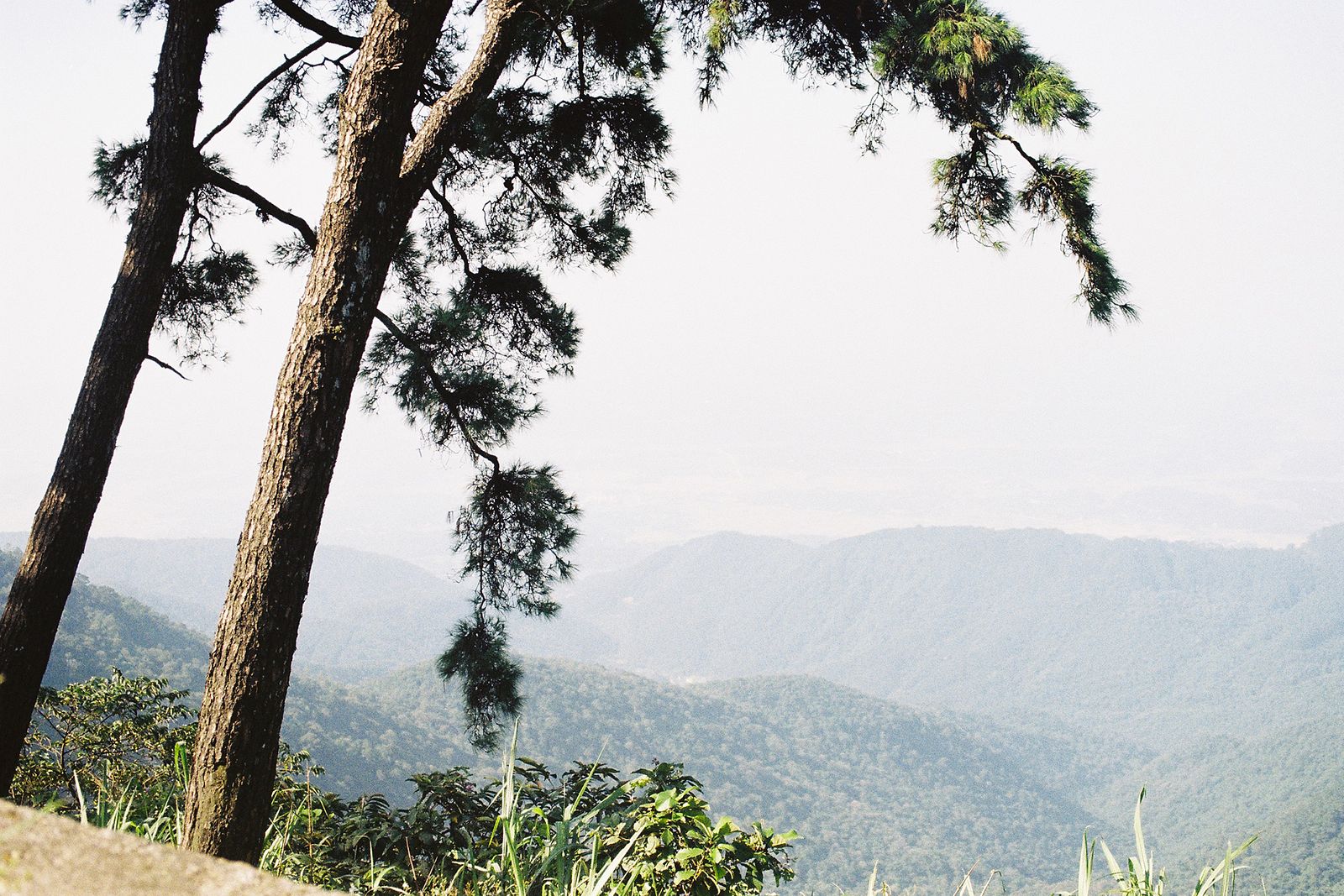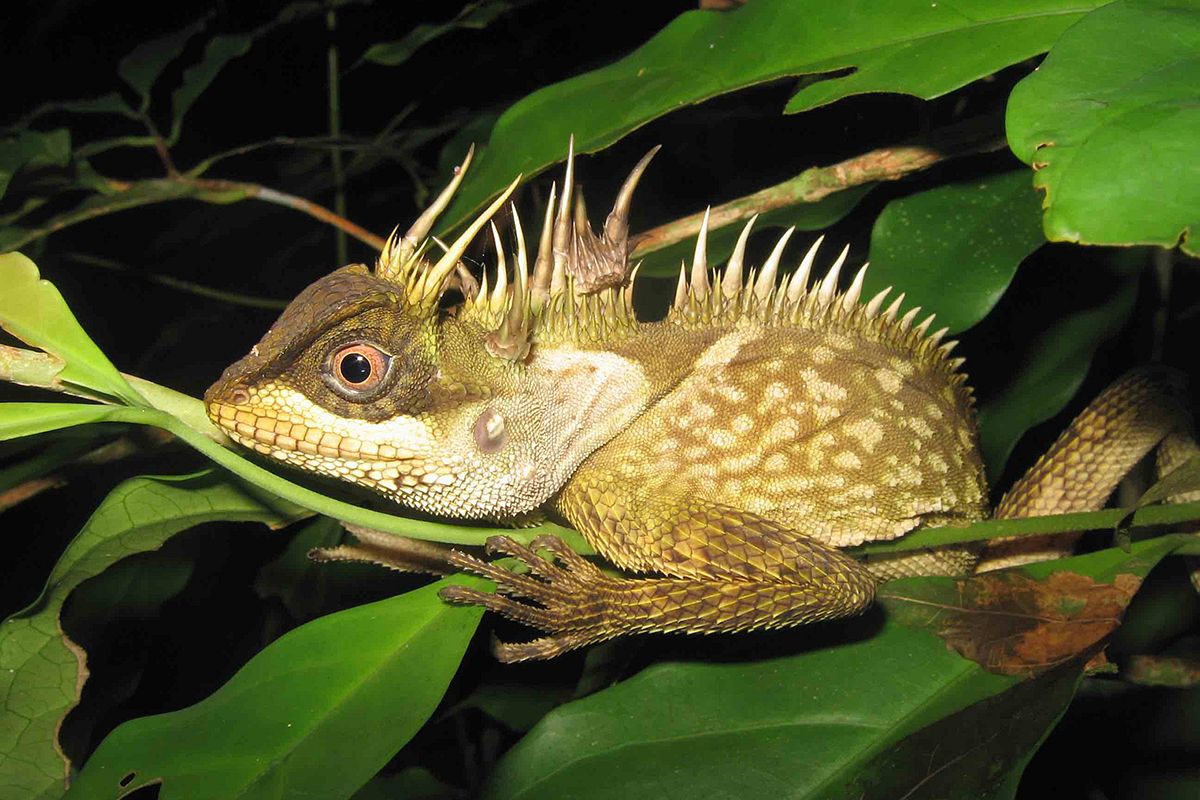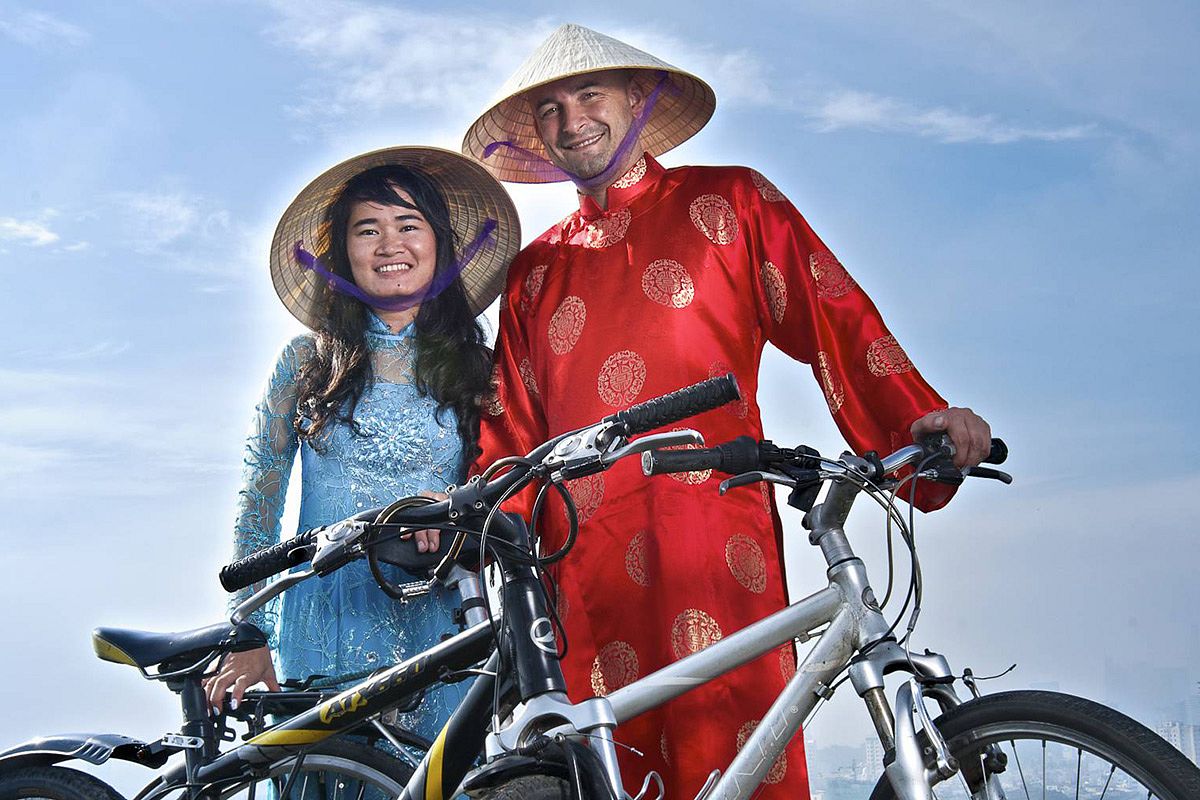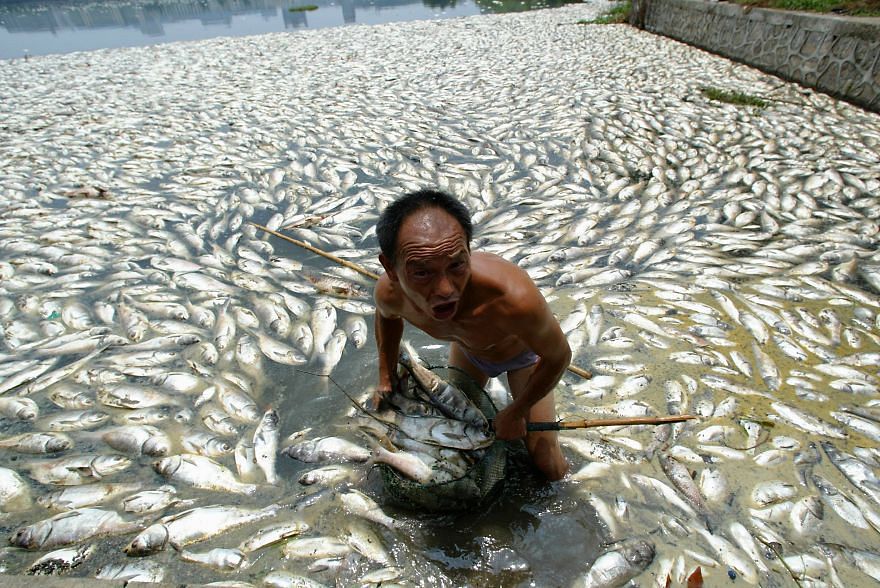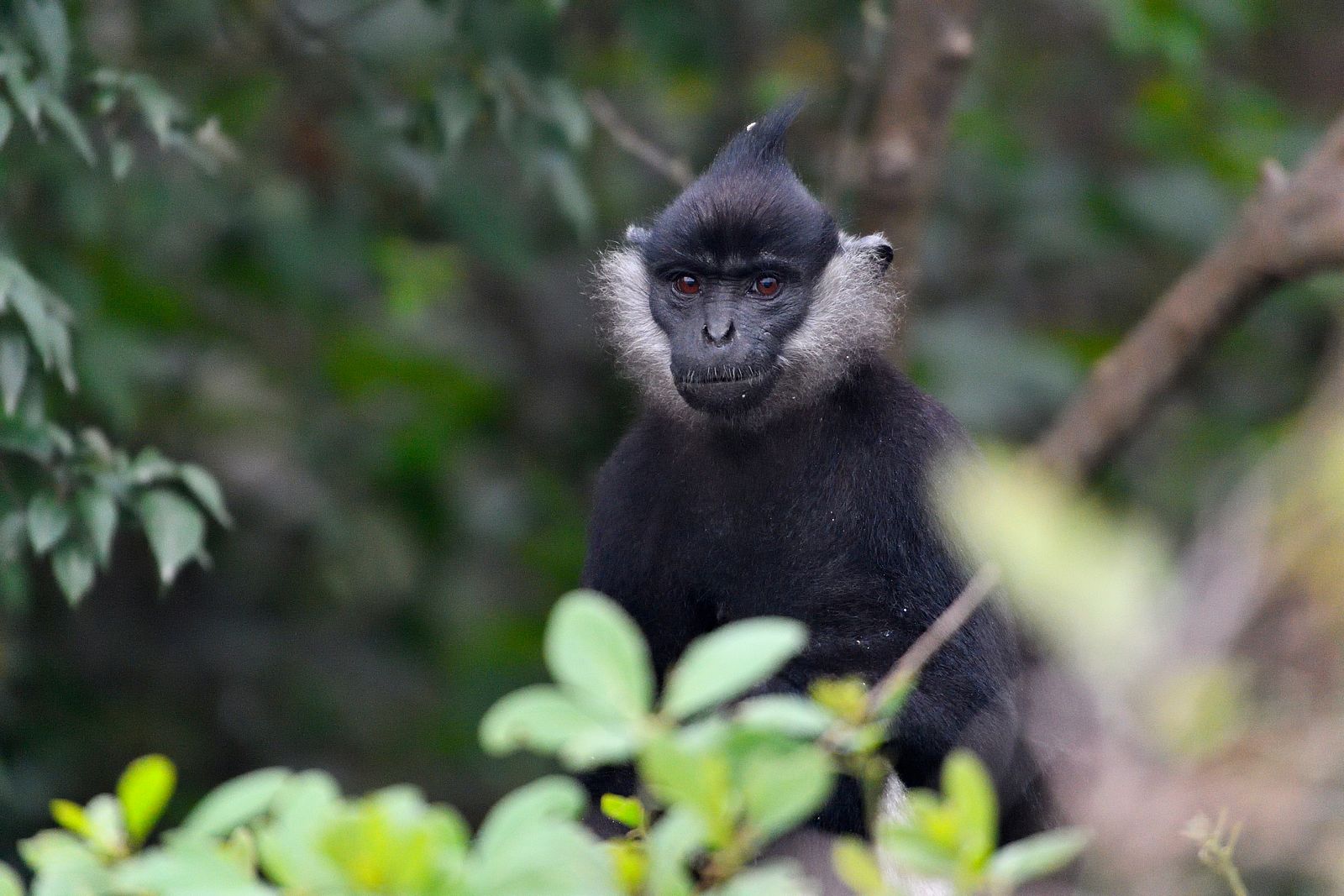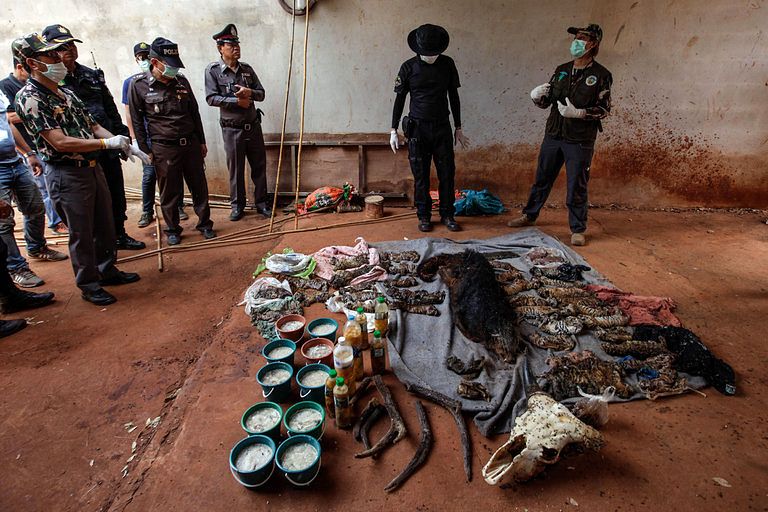As our world continues to warm up, tropical dwellers depend heavily on cooling technologies to combat their habitat's harsh elements. For most of Southeast Asia, this means cranking up the air-conditioning, thus putting immense strain on the already-fragile regional environment.
On Monday, Eco-Business – a media firm covering sustainability in Asia – presented the results of their study on cooling systems and energy efficiency at a conference in Bangkok, reports Reuters.
The survey gathers insights from more than 420 managers and experts from government agencies and multinational companies in Southeast Asian countries, including Indonesia, Malaysia, Thailand, the Philippines and Vietnam.
The results show that people in the region are increasingly attempting to cope with rising temperatures and deteriorating air quality by using inefficient air-conditioning systems, which only exacerbates the problems. According to Eco-Business, “current cooling systems use potent greenhouse gases and consume large amounts of energy, usually derived from fossil fuels, therefore driving climate change.”
From 2000 to 2016, the region's energy demands increased by 70%, brought about by rapid urbanization in countries like Vietnam, Myanmar, and Indonesia. The report added that air-conditioning contributed greatly to the rise in power use. By 2040, cooling technologies – such as refrigeration and air-conditioning – could constitute as much as 40% of Southeast Asia’s electricity use.
“The domestic aspect of electricity consumption has grown massively - more so than industry and the service sector in ASEAN - and as a result the air-conditioning bill is going through the roof,” Tim Hill, Eco-Business’s research director, told Reuters.
In Southeast Asia, where most countries are stilled largely powered by coal-fired plants, a fondness for energy-guzzling cooling systems means burning more coal and worsening air pollution.
However, despite the grim prospects, researchers also shared that there are ways to mitigate the problem. The International Energy Agency estimates that simply improving energy efficiency could provide “almost 40 percent of the emissions reductions needed to stay within the 2-degree Celsius ceiling for staving off the worst effects of climate change.”
To achieve this, the Eco-Business report urged policy-makers and businesses in the region to implement measures to improve the efficiency of cooling systems, curtail excessive air-conditioning, and educate people on the impacts of inefficient air-con on the environment.
Hill emphasized: “Governments need to drive this by putting in regulations that enforce more efficient forms of air-conditioning - making sure they’re not dumping grounds for old-fashioned products.”
Curbing excessive cooling in public buildings like offices, shopping malls and cinemascould also go a long way in more developed nations such as in Singapore – where 68% of respondents shared that they often work in settings that are too cold.
“Air-con is designed to make people feel more comfortable but it’s actually doing completely the reverse - it’s making people feel more uncomfortable and making them more unproductive by freezing them,” Hill said.
[Photo via Flickr user Peter Morgan]


